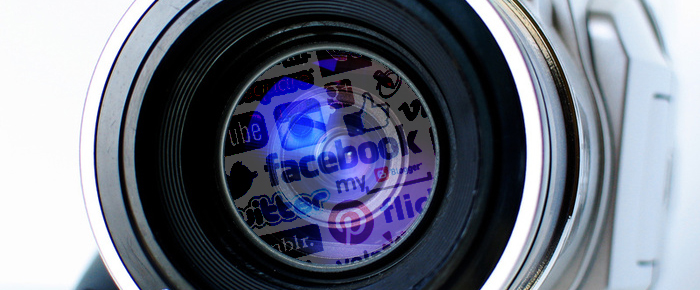
By Dale Gribow
My wife and I were dining at Livreri’s at the Atrium last week, discussing topics for this week’s legal column. As we were talking I overheard a guy in the next booth talking about his legal experience with his accident case. The personal injury victim explained that his lawyer advised him his case would not settle for much money because of several things he did that hurt his case.
It is important for you, the reader, to understand that personal injury cases are prime targets for manipulation and conjecture by insurance companies. A lawyer’s challenges are both how to prove to the insurance company that the client is injured, yet also address the do’s and don’ts to the client so that his/her representative can get the biggest settlement possible.
Until recently lawyers have relied on doctors to observe a client for half an hour or so. This is followed by the ordering of physical therapy when needed and then return appointments. Based on the exam the doctor prepares a written medical- legal report documenting everything. Too often the insurance company will argue the doctor’s opinion is simply based on the doctor’s desire to get paid when the case settles, and that the doctor is nothing more than a hired gun.
I predict that with today’s technology there are, or will be, a number of ways for the insurance company’s investigators to whittle away at the value of the victims case. This is exactly what happened to the diner in the next booth.
The insurance company’s investigator or adjuster Googled the victim, checking his Facebook, LinkedIn, Instagram and Twitter pages to learn about him and see who his friends were so that they could be interviewed, if necessary, to testify under oath, all the things the victim did when injured.
They found his pictures and comments about a recent golf game and tennis match, which suggested to the adjuster that the victim was exaggerating when he advised the doctor he was in so much pain he was unable do ANYTHING physical. Also uncovered were pictures of the victim carrying luggage for an extended flight that involved a long trip. Unfortunately, he had told his doctor that he could not lift more than five pounds and that sitting for extended periods was impossible.
If a case seems to have enough value the insurance company will actually hire an investigator to check with the vacation spot in Mexico, Hawaii or the ski resort to obtain witnesses to testify to the victim’s activities. In my dining neighbor’s case the investigator learned that the claimant was either surfing, skiing, playing golf and or tennis. That is arguably an indication the victim was not injured as claimed. When this argument is presented on one of my cases, I argue that because my client played golf does not mean that he did not do so in great pain.
I predict the newest wrinkle on the horizon will be the future use of Fitbit and similar technology. This is a plastic wrist band that records your activities such as how many steps you have taken and your level of exercise. This quantifiable data will be available for future “fitness trackers” to testify for or against the claimant who previously testified to the limited activities available to him.
However, the opposite is also arguably true. A fitness trainer who previously was very active and now wore a Fitbit can show how inactive he had become because of the accident. He will be able to argue and prove the changes in his lifestyle. A trainer obviously leads an active lifestyle and the Fitbit could show the current activity levels which were under a baseline for someone of claimant’s age and profession. It could support the victim’s testimony that his activity level had been compromised.
In recent years our cell phone technology has included cameras and recording devices. This technology was not around a few years ago. With the new cell phones an injured victim can take pictures of all impacted cars in the accident, any injuries, and take statements from the other driver and witnesses before they had been coached on how to testify… or honestly forget important details.
All in all, listen to the advice of your lawyer, as it’s not just what you tell your doctor or what he thought he heard you say but what you do after the accident that can now be documented. In my office I advise clients to take down social media if they have been in an accident or have been arrested for a DUI.
Thus new technology could become a “Black box” hurting the victim and helping the insurance company…or helping the victim to prove their injury. Only time will tell.
If you have ideas for future columns please contact Dale Gribow, Attorney at Law at his NEW number 760 837-7500 and or his new email: dale@dalegribowlaw.com
Dale Gribow
1) TOP LAWYER rating by Palm Springs Life every year.
2) Perfect AVVO 10.0 Peer Review Rating by fellow attorneys
3) Preeminent Rating by Martindale Hubbell legal directory.
4) Selected for Best Attorneys of America (Limited to Top 100 Attorneys in each state.
5) Man of the Year 7 times- including the City of Palm Desert and the City of Hope and Dale Gribow Day proclaimed 4 x’s.










































